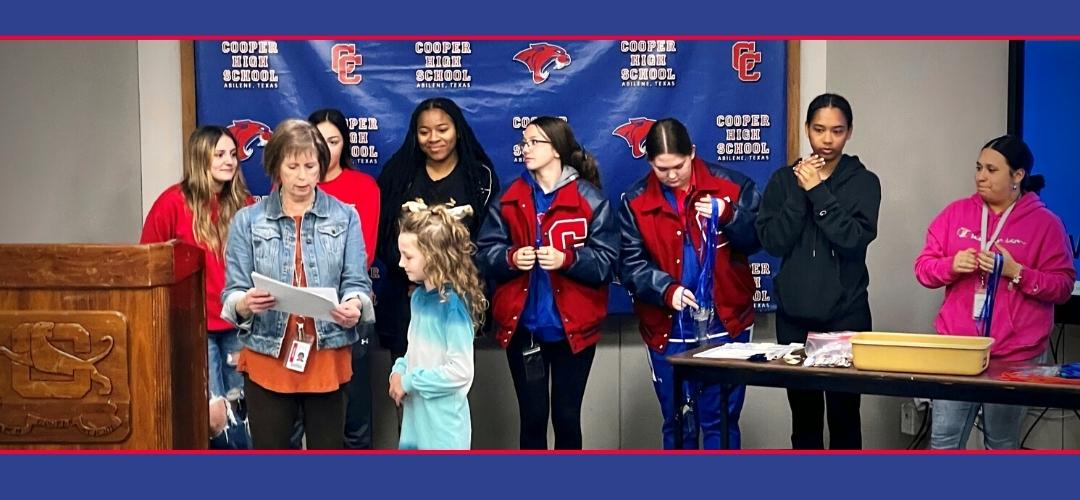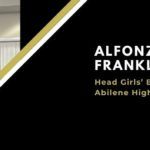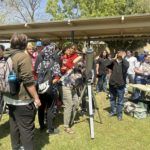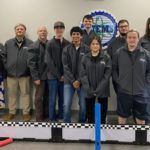The teacher shortage nationwide has been at the forefront of conversations about public education in every state. Instead of sitting idly by and wondering what to do about the problem, the Abilene ISD is joining other school districts across the state to begin preparing the next generations of educators.
This year, Abilene High School and Cooper High School each received the Grow Your Own grant from the Texas Education Agency to begin planting the seeds of a career in public education in current students from elementary through high school. On Feb. 24, Cooper hosted a ceremony in its library auditorium recognizing the first group of Cooper-bound elementary students who will be participating in the program.
Cheryl Barber, who teaches Family and Consumer Sciences at Cooper and sponsors the CHS chapter of the Texas Association of Future Educators, secured the grant at Cooper, while AHS TAFE sponsor Shea Roberson did the same at Abilene High. The Grow Your Own (GYO) grant supports Local Education Agencies (LEAs) to intentionally build strong, stable, and diverse teacher pipelines from within their communities through two distinct pathways. GYO aims to address teacher shortages in hard-to-staff areas, close demographic gaps between students and teachers, and build interest in the teaching profession among high school students.
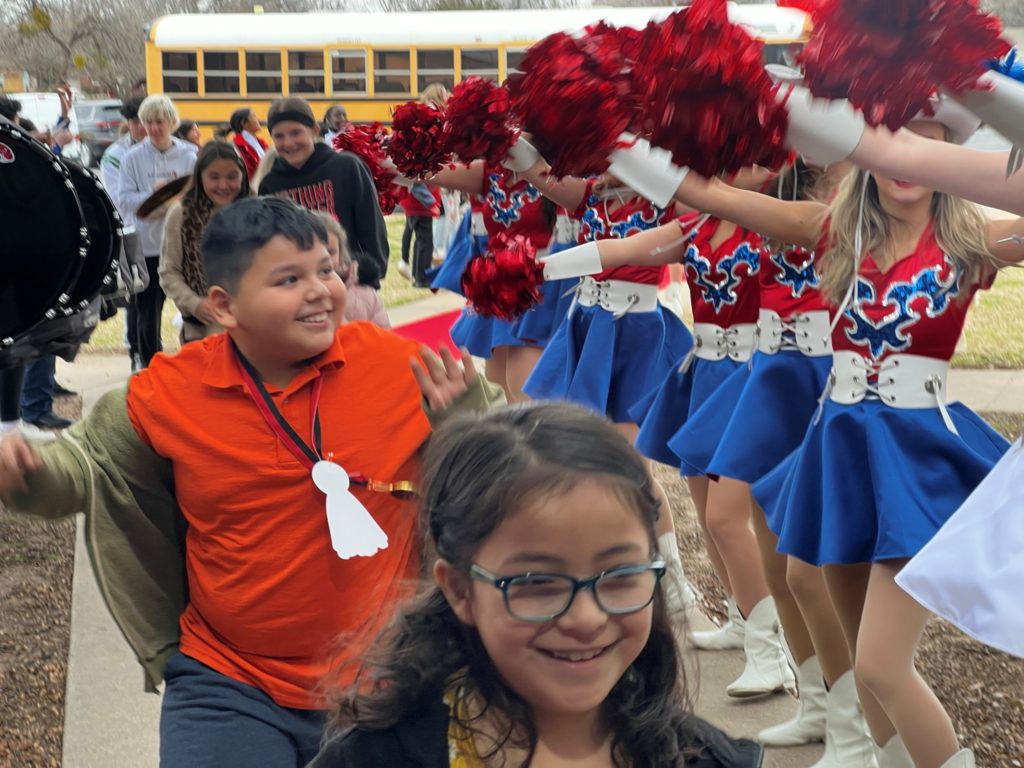 More than 50 students from seven elementary school – all of whom will one day attend Cooper – received a certificate with their name, school, and a note from their sponsoring teacher detailing the qualities the sponsor identified that will one day make the student a worthy teacher. When they arrived at the Cooper campus, they were greeted at the front of the administration building by members of the CHS band and cheerleaders lining both sides of a red carpet-covered walkway to the front door.
More than 50 students from seven elementary school – all of whom will one day attend Cooper – received a certificate with their name, school, and a note from their sponsoring teacher detailing the qualities the sponsor identified that will one day make the student a worthy teacher. When they arrived at the Cooper campus, they were greeted at the front of the administration building by members of the CHS band and cheerleaders lining both sides of a red carpet-covered walkway to the front door.
Each student will spend the spring working with TAFE students from Cooper and then attending a camp in June (for 3rd through 8th grade students only) where, Barber said, they’ll begin to see some real-world teaching techniques.
“They’re going to have the opportunity at the camp to do some extended things related to teaching and use some of the equipment we use,” Barber said. “Ideally, those kids will move through that and at the end of the day say, ‘when I get to high school, I want to help with that camp.’ It’s encouraging to stay with that with the thought of becoming a teacher. We’re planning for our future by preparing our replacements.”
Bassetti Elementary School fourth-grader Amelia Maples was one of many who was described as a young teacher in the classroom and always willing to help other students when necessary. One of the ways she helped was with the “Shoe Project,” as she called it.
Maples drew a shoe on construction paper and cut it out, along with a matching shoe, gluing the pieces together. However, she kept the top part of the shoes separate, allowing students to use the “shoe” to keep notes from school or other items. She and her classmates made several of them for first-grade students at Bassetti.
“I wanted to help first-graders keep things organized so they wouldn’t lose important things the school sends home,” said Maples, who said she wants to be a teacher. “The teachers said their students didn’t know how to make them, so we did them in class.”
Perhaps one day, Maples will be teaching her classroom of students how to perfect the “Shoe Project.”
“This is such a great program,” Cooper principal Lyndsey Williamson said. “It might be 20 years before some of these kids are classroom teachers. But some of them will be in middle school next year, and this program might make a difference in them going into our education and training programs in high school. Then you hope they go to a local university and come back and student-teach with us. We want to put that thought in their mind that they can do this, and that is so valuable.”

